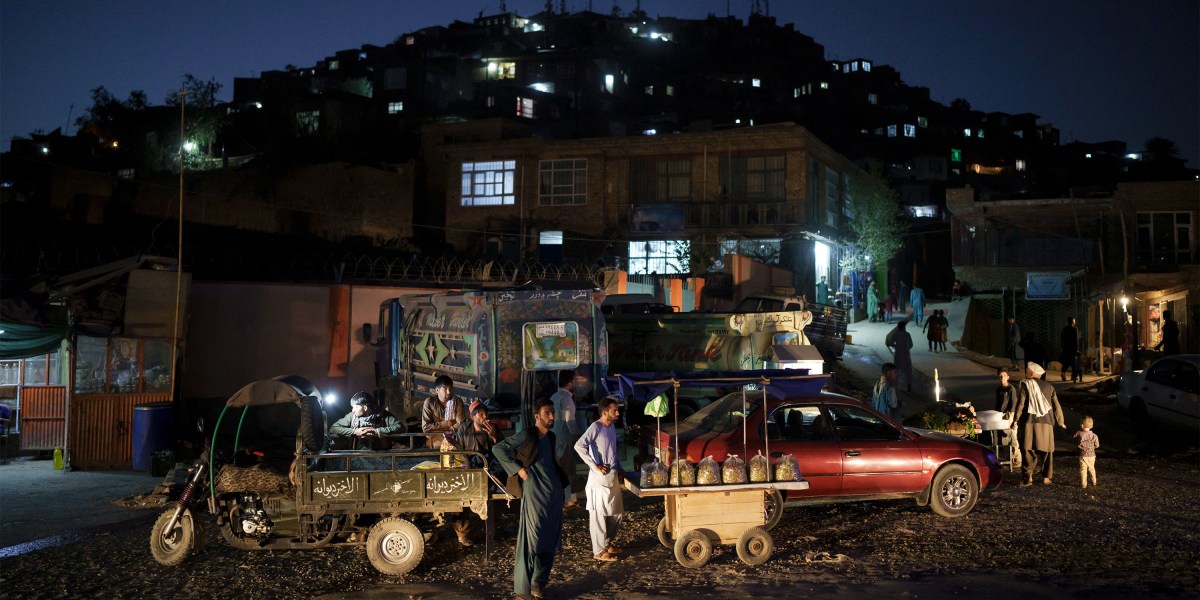
When the Taliban captured the city of Herat on August 12, Yasin and his colleagues speculated that it wouldn’t be long before the Taliban’s invading forces took over their own city of Mazar-i-Sharif.
“Things were more tense in Mazar, too, so me and other computer kars of Mazar who work together held a secret meeting to decide what to do to protect all our content,” he says. Among them, the informal union of computer kars had several hundred terabytes of data collected over several years, and much of it would be considered controversial—even criminal—by the Taliban.
“We all agreed to not delete, but rather hide the more nefarious content,” he says. “We reasoned that in Afghanistan, these regimes come and go frequently, but our business should not be disrupted.”
He isn’t too worried about being discovered.
“People are hiding guns, money, jewelry, and whatnot, so I am not scared of hiding my hard drives. They will never be able to find [them],” he says. “I am a 21st-century boy, and most Taliban are living in the past.”
Less than 20 years after former president Hamid Karzai made Afghanistan’s first mobile phone call, there are nearly 23 million mobile phone users in a country of fewer than 39 million people. But internet access is a different matter: by early 2021, there were fewer than 9 million internet users, a lag that has been largely attributed to widespread physical security problems, high costs, and a lack of infrastructural development across the country’s mountainous terrain.
That’s why computer kars like Yasin can now be found all across Afghanistan. Although they sometimes download their information from the internet when they’re able to get a connection, they physically transport much of it on hard drives from neighboring countries—what is known as the “sneakernet.”
“I use the Wi-Fi at home to download some of the music and applications; I also have five SIM cards for internet,” says Mohibullah, another kar who asked not to be identified by his real name. “But the connection here is not reliable, so every month I send a 4 terabyte hard drive to Jalalabad, and they fill it with content and return it in a week’s time with the latest Indian movies or Turkish TV dramas, music, and applications,” for which he says he pays between 800 and 1,000 afghanis ($8.75 to $11).
“People are hiding guns, money, jewelry, and whatnot, so I am not scared of hiding my hard drives. I am a 21st-century boy, and most Taliban are living in the past.”
Mohammad Yasin, computer kar
Mohibullah says he can install more than 5 gigabytes of data on a phone—including movies, songs, music videos, and even course lessons—for just 100 afghanis, or $1.09. “I have the latest Hollywood and Bollywood movies dubbed in Dari and Pashto [Afghan national languages], music from across the globe, games, applications,” he told me in early August, days before the Taliban took over.
For just a little more, Mohibullah helps customers create social media accounts, sets up their phones and laptops, and even writes emails for them. “I sell everything—A to Z of contents. Everything except ‘100% films,’” he said, referring to pornography. (Later he admitted that he did have some “free videos,” another nickname for porn, but that he only sells them to trusted customers.)